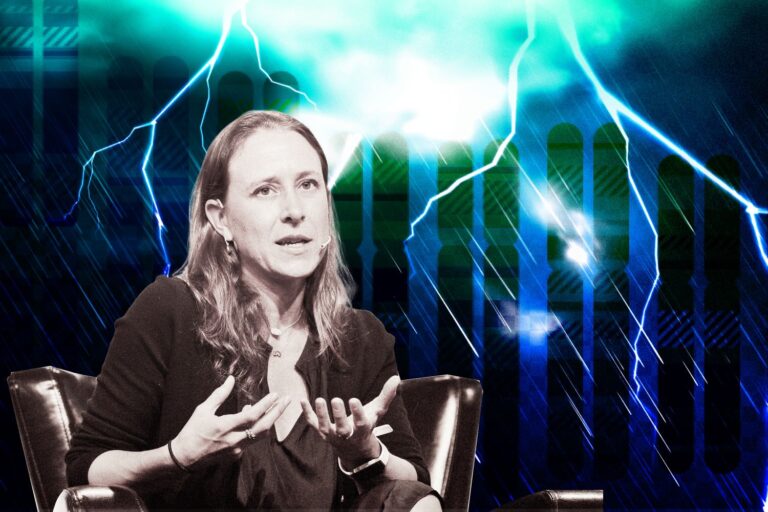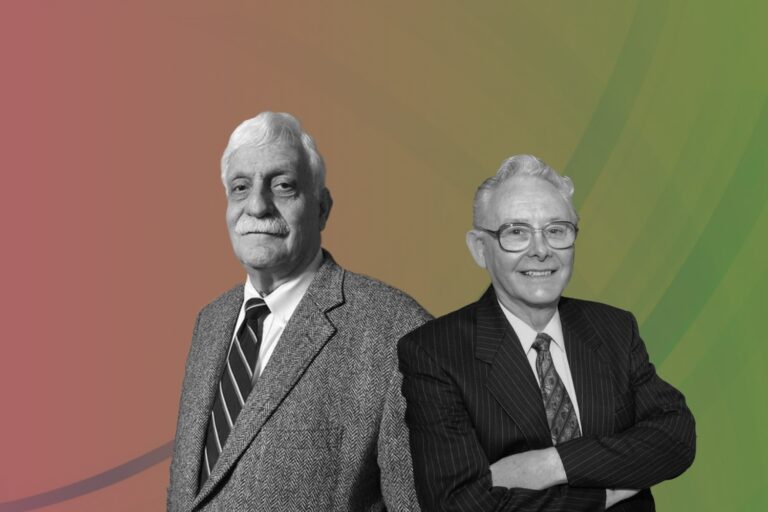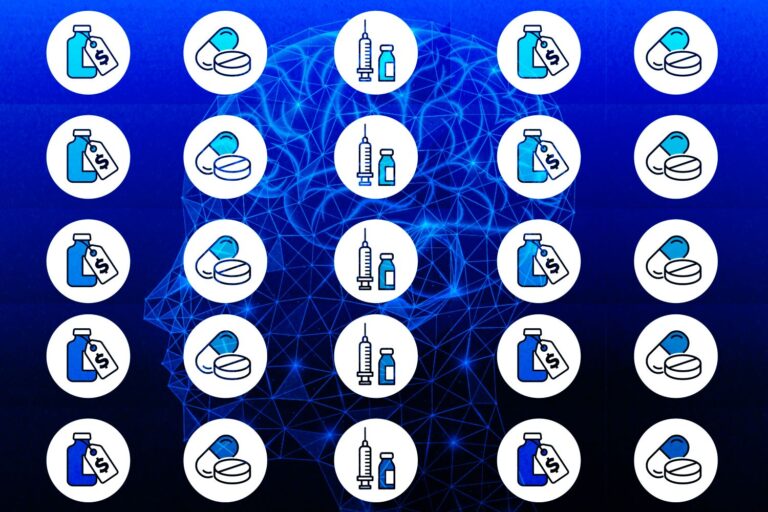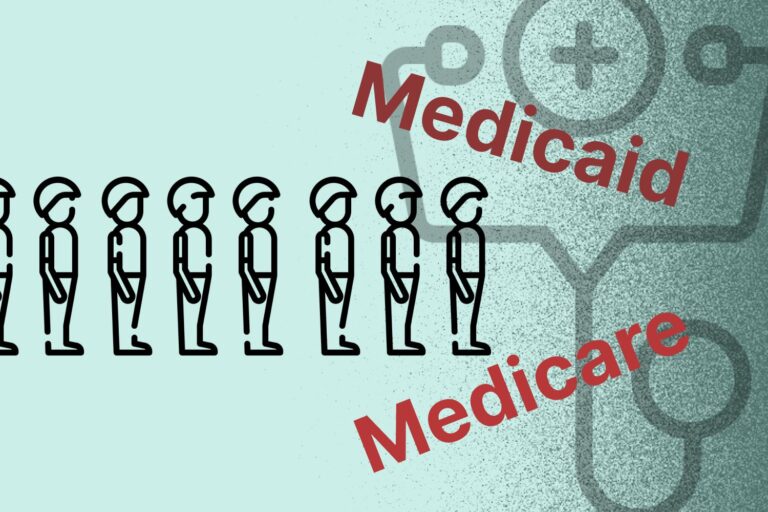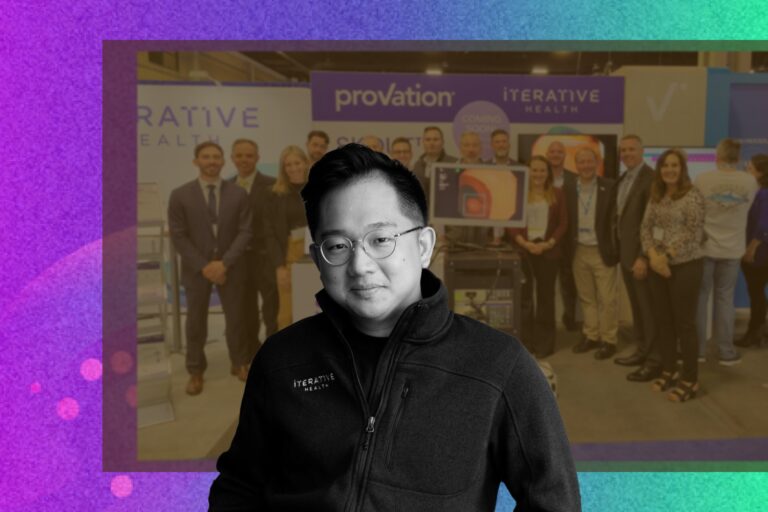Leaning Hard on AI – Paige’s Silver Bullet to Fight Against Cancer
Cancer, a pervasive global health challenge, continues to impact millions of lives worldwide. Within the realm of cancer care, the crucial components of accurate cancer diagnostics and pathology play an indispensable role.
Cancer knows no boundaries, affecting individuals, families, and communities across the globe. The World Health Organization (WHO) estimates that cancer is responsible for approximately 10 million deaths each year, solidifying its position as one of the leading causes of mortality worldwide. The urgency to address this burden and enhance cancer care has fueled the need for advancements in diagnostic technologies and pathology practices.
As the world grapples with this complex disease, technological advancements are paving the way for transformative solutions.
Paige is an active runner in the game, a company at the forefront of transforming cancer diagnostics with its innovative AI-powered platform. With a vision to drive a new era of diagnostics and precision treatment to improve the lives of cancer patients, Paige combines advanced technology, clinical validation, and strategic collaborations to make a significant impact in the field!
Pioneering Pathology – Holding the Future of Cancer Diagnostics
Dr. Thomas Fuchs, the co-founder and CEO of Paige, brings a wealth of experience in computational pathology to the company. As a former faculty member at Memorial Sloan Kettering Cancer Center, Dr. Fuchs recognized the immense potential of AI and machine learning in transforming pathology practices.
Motivated by a desire to enhance cancer diagnostics and make a meaningful impact, Dr. Fuchs co-founded Paige in 2017, setting the stage for groundbreaking advancements in the field.
The technology developed by Paige is founded on the utilization of machine learning algorithms that have been trained on an extensive scale, involving petabytes of data from tens of thousands of digital slides.
Major technology companies are optimistic about the transformative capabilities of their advanced machine learning algorithms in revolutionizing traditional diagnostic approaches within the healthcare industry. IBM, for instance, has been leveraging slide data to train deep neural networks for tumor detection purposes since 2016, aiming to enhance accuracy while reducing expenses.
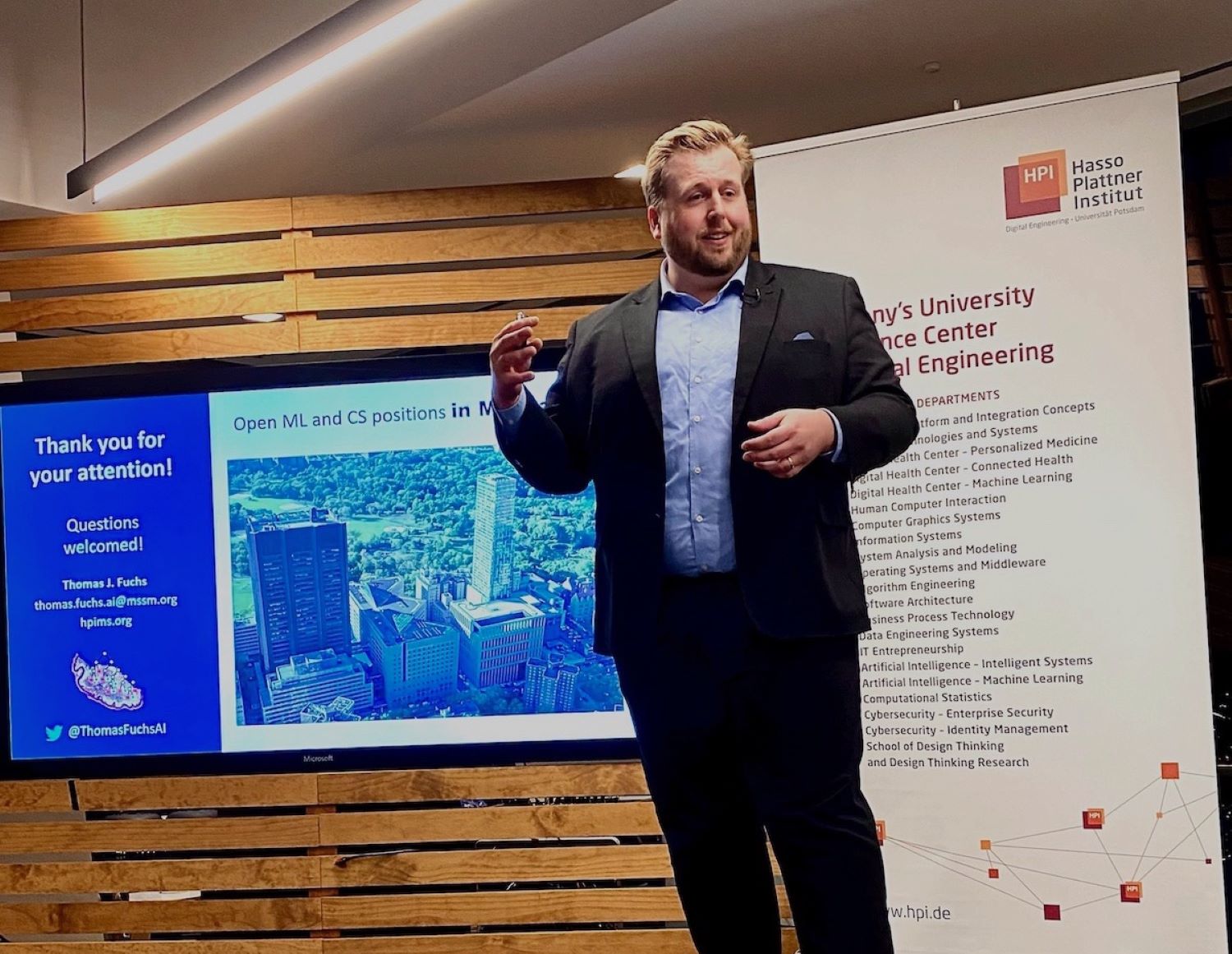
In a similar vein, Google has conducted research on the application of deep learning in computational pathology, focusing on developing an automated detection algorithm to enhance the workflow of pathologists.
Google’s efforts have yielded impressive results, including the creation of a tumor probability prediction heat map algorithm. Notably, this algorithm achieved a localization score (FROC) of 89 percent, surpassing the average score of 73 percent achieved by pathologists.
“Companies like Microsoft and IBM are doing pathology, and in general, it is good for the whole field,” says Dr. Fuchs. “You have to really understand the variety of workflows and the community, and where and how AI can help. Besides, as far as I know, all previous papers published were based on a very tiny data set. Increasing the dataset from a few hundred images to hundreds of thousands of images can make a huge difference.”
Andy Moye, PhD, MBA, currently serves as the Chief Executive Officer of Paige, stated: “The global shortage of pathologists is well documented, with only about 102,000 pathologists spread through more than 130 countries and nearly two-thirds of them located in just 10 countries. Some regions have tens of thousands of pathologists, while others have only a few. Digital pathology and AI can help bridge that gap.”
Moye has dedicated the past 17 years of his career to pathology, oncology, genomics, and precision medicine. Before that, he spent eight years as a Navy pilot.
“My involvement in pathology began around 2005, and I have been especially interested in digital pathology ever since. Back in my early days at US Labs, we were offering pathologists the opportunity to send their samples to a central lab. We would do the technical component, scan the image, and potentially return the scanned image back to the pathologist.” – he said.
Paige’s platform utilizes state-of-the-art AI algorithms and machine learning technology to analyze digital pathology images with remarkable precision. By harnessing the power of advanced computational methods, Paige aims to enhance the accuracy and efficiency of cancer diagnostics.
“Throughout my experience, I have seen that digital pathology and AI are a part of the cancer diagnostic pathway, not necessarily technologies that are solely part of the pathologist’s workflow.” – Moye stated.
Sticks and Stones on the Road – The Guidance Light’s Still on
However, the adoption of AI in cancer research and treatment does come with its own set of challenges.
“I think we all understand that we’re still in the very early days of digital pathology and AI adoption for clinical use. These are mainly the large reference labs and academic medical centers; your community hospitals, smaller IDN’s, and smaller community health systems are just not there yet.”
“A lot of that is due to financial and economic drivers. We are seeing some early adoption; as we start to see digital pathology codes come in for the next year, I hope we will see them convert to more category one code coverage and we’ll see some more adoption” – Moye stated.
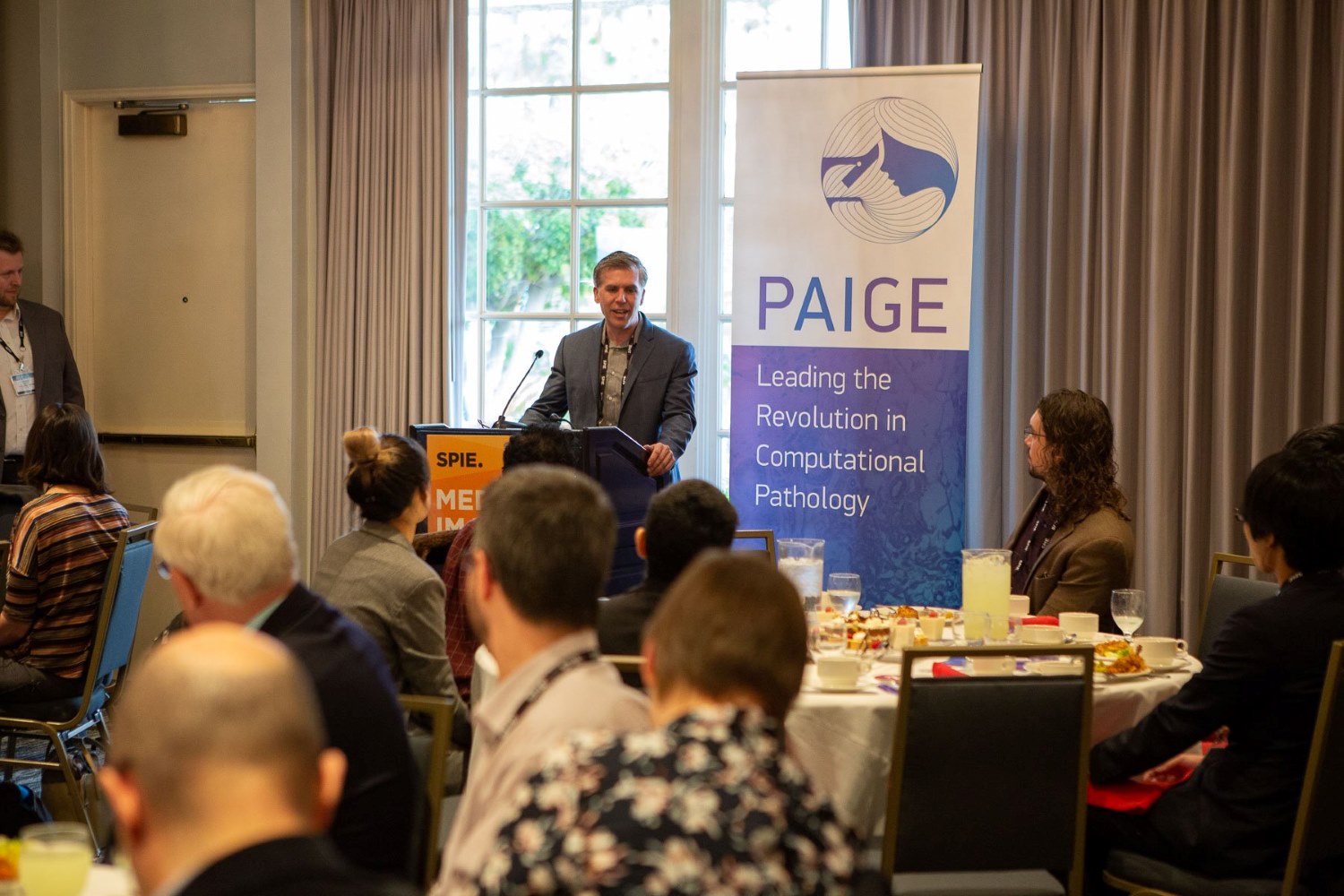
One of the primary challenges is change management. Implementing new technologies and workflows can require adjustments and adaptation from healthcare professionals, including pathologists and clinicians. The integration of AI tools should be seamless, with a focus on supporting and augmenting the work of pathologists rather than replacing them.
Another aspect is enabling pathologists with powerful tools and information. Paige’s AI-powered diagnostic platform equips pathologists with valuable insights and precise diagnostic information, allowing them to make informed treatment decisions.
In addition, Paige recognizes the need for a new generation of pathologists who are well-versed in informatics and skilled in utilizing AI tools. They anticipate the emergence of informatic pathologists who are adept at leveraging technology and curating the information provided by AI algorithms.
Paige also acknowledges that the successful adoption of AI in cancer research and treatment must address the quadruple aim: reducing costs, improving clinical outcomes, and enhancing physician and patient experience. They believe that AI directly impacts all these areas by providing more accurate diagnoses, supporting personalized treatment decisions, and streamlining workflows.
Andy Moye has also emphasized the importance of ethical considerations when developing and implementing AI technologies in cancer research and treatment: “It’s critical to think about how AI systems are trained, whether they are biased, or whether there are any other ethical dilemmas involved with the utilization of an AI system for clinical use. One of the best ways to combat bias is by having access to the most representative sample of data possible…”
“We continue to expand on this by using more and more data to build algorithms that we know will be as representative as possible and to be very clear about how these algorithms should be used – again, as a tool for the pathologist.” – he added.
On the other hand, the adoption of AI solutions in hospitals and laboratories also requires a combination of factors to overcome existing barriers and drive widespread implementation. Andy Moye, CEO of Paige, sheds light on the path to adoption, highlighting recent developments in reimbursement codes as a catalyst for change.
Moye acknowledges the significance of reimbursement incentives in facilitating the adoption of AI solutions. Drawing parallels with the radiology field, he points out how the introduction of reimbursement cuts by the Centers for Medicare and Medicaid Services (CMS) propelled the adoption of digital codes over analog ones. This example demonstrates the potential impact of reimbursement policies in incentivizing healthcare providers to embrace innovative technologies.
On an international scale, the adoption of AI solutions in Europe presents unique challenges due to a more fragmented healthcare landscape. However, Paige has been actively involved in collaborations and studies in the United Kingdom, including a prospective health economic study with the National Health Service (NHS).
“We work with other sites throughout Europe, it’s a bit smaller — smaller hospitals and smaller, more fragmented groups than you get in the United States, but we still have the same sort of adoption happening there as well.” – Andy Moye.
Leverage the Balance Sheet and Collaborations – The Benefit Varies
Paige has secured substantial funding, indicating market confidence in its innovative approach. The company has raised a total of $220M in funding over five rounds, with a significant Series C funding round of $125M in January 2021, as reported by Crunchbase.
Notable investors, including Casdin Capital and Catalio Capital Management, have supported Paige, further validating its potential and market viability.
Additionally, Paige’s post-money valuation in the range of $500M to $1B, as reported by PrivCo, reflects the market recognition of the company’s value proposition and its promising trajectory in the cancer diagnostics space.
The strategic partnerships established by Paige with major healthcare institutions such as Memorial Sloan Kettering Cancer Center, Mount Sinai Health System, and Northwell Health have been instrumental in the company’s growth and success. These collaborations not only grant Paige access to vast amounts of valuable data but also provide invaluable expertise in the field of cancer diagnostics and pathology.
Memorial Sloan Kettering (MSK) Cancer Center, renowned for its expertise in cancer research and treatment, stands as a significant partner for Paige. The collaboration between Paige and MSK signifies the recognition and validation of Paige’s technology in the field of cancer diagnostics.
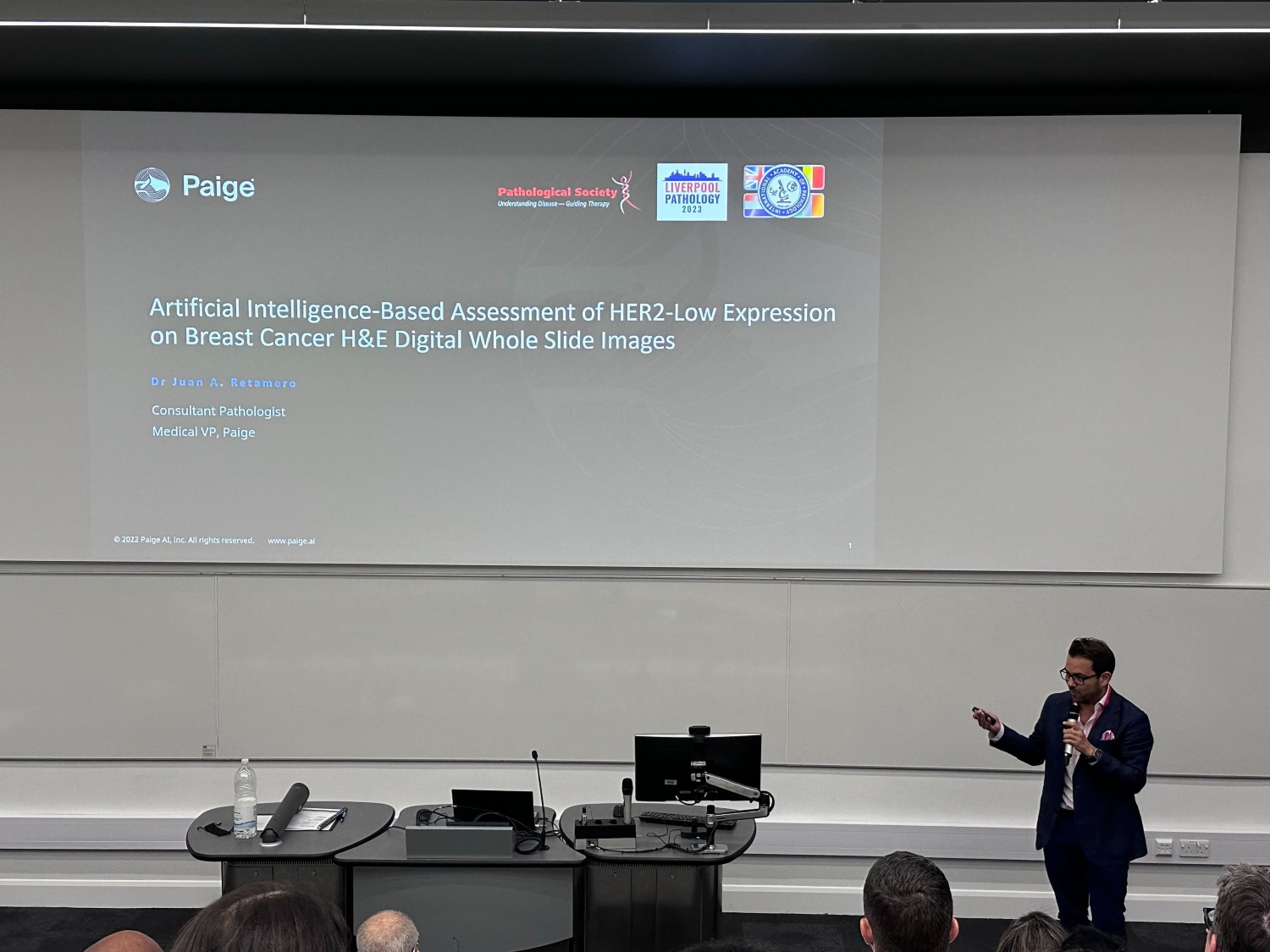
The data license deal with MSK enables Paige to access valuable clinical data and expertise, further strengthening the development and validation of their AI-powered diagnostic tools. This partnership underscores the credibility and potential impact of Paige’s innovative approach to cancer research and treatment.
Mount Sinai Health System, another esteemed healthcare institution, has also joined forces with Paige to advance cancer diagnostics. Mount Sinai’s commitment to delivering exceptional patient care aligns with Paige’s mission, making this partnership mutually beneficial. Through this collaboration, Paige gains access to a wealth of clinical data and expertise, enabling the refinement and validation of their AI algorithms to provide accurate and reliable diagnostic information to pathologists.
Similarly, Paige’s partnership with Northwell Health, one of the largest healthcare systems in New York, contributes to the company’s growth and development. Northwell Health’s extensive network of hospitals and healthcare professionals serves as a valuable resource for Paige in gathering diverse patient data and collaborating on research initiatives.
The partnership strengthens the clinical relevance and effectiveness of Paige’s platform, ensuring that it addresses real-world challenges and meets the needs of healthcare providers and patients.
“I am excited to see more hospital systems, particularly the large reference labs and academic medical centers, moving forward with digital pathology and AI.” – said Andy Moye.
And recently in 2021, Paige entered into a collaboration with Microsoft, which entails utilizing Microsoft Azure as the cloud provider for the Paige Platform. This partnership allows Paige to leverage Microsoft’s extensive resources in AI, cloud infrastructure, and global presence.
The ultimate goal is to enhance patient outcomes and improve the lives of individuals affected by cancer. With the powerful combination of Paige’s domain knowledge and Microsoft’s technological prowess, this collaboration holds great promise in advancing the field of cancer research and treatment.
By working closely with pathologists and leveraging their expertise, Paige has refined its AI algorithms and validated its technology through rigorous testing on large datasets from these partner institutions. The real-world application of Paige’s platform in these clinical settings demonstrates its ability to enhance diagnostic accuracy, streamline workflows, and ultimately improve patient outcomes.
Furthermore, the recognition and support garnered by Paige from prestigious investors, such as Breyer Capital, Goldman Sachs, and Healthcare Venture Partners, serve as further evidence of the company’s credibility and potential. These investments demonstrate the confidence of industry experts in Paige’s innovative approach to cancer diagnostics and the value it brings to the healthcare ecosystem.
Enhancing Pathologists’ Expertise and Improving Patient Care
By assisting pathologists in identifying subtle patterns, biomarkers, and genetic alterations, the platform enhances their ability to detect cancer at earlier stages and accurately characterize tumors. This early detection and precise characterization play a vital role in formulating personalized treatment strategies for patients.
By providing pathologists with advanced tools and insights, Paige’s platform enables them to make more informed decisions in a timely manner. Pathologists can leverage the platform’s capabilities to delve into the intricate details of a patient’s tumor, uncovering crucial molecular insights that can guide treatment decisions. This personalized approach to cancer care has the potential to optimize treatment outcomes, minimize unnecessary procedures, and improve the overall quality of patient care.
Andy Moye stated: “We’re continuing to work on regulatory filings for AI tools that really enable pathologists to do their jobs better, faster and more efficiently, with better quality, with patient care in mind, so that you’re getting better patient outcomes.”
Furthermore, Paige’s technology is designed to augment pathologists’ expertise rather than replace it. The platform serves as a powerful assistant, equipping pathologists with advanced computational capabilities and delivering precise diagnostic information. This collaboration between human expertise and AI-driven technology enhances the accuracy and efficiency of cancer diagnostics, ensuring that patients receive the best possible care.
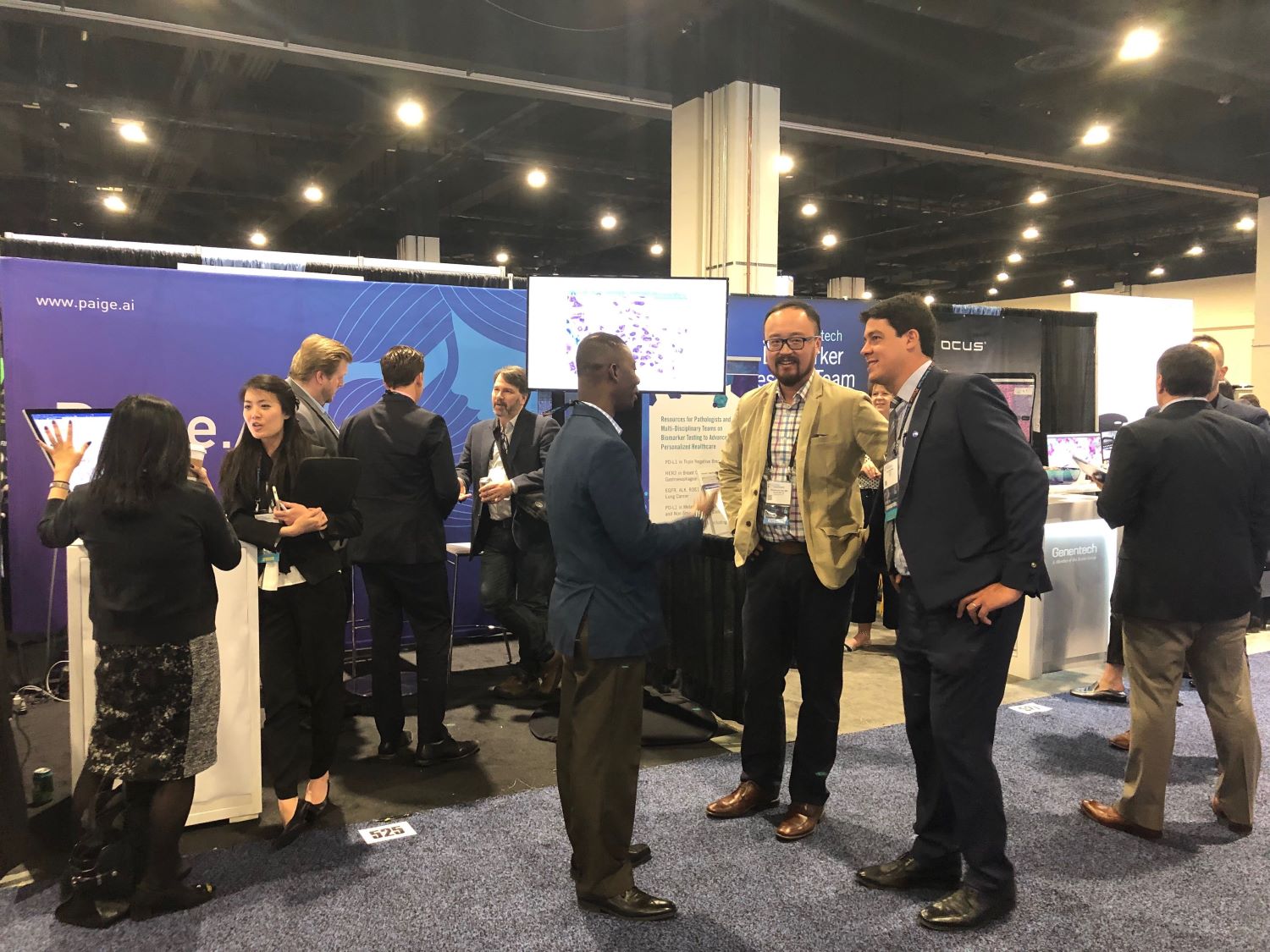
The impact of Paige’s advancements in cancer diagnostics has been substantiated by various studies and research findings. Research published in reputable journals, such as the Journal of Clinical Oncology and Nature Medicine, has highlighted the clinical utility of molecular profiling and targeted therapies in improving patient outcomes. These studies demonstrate the tangible benefits of integrating advanced technologies, like those offered by Paige, into clinical practice.
“We believe using the power of tissue-based AI will transform cancer diagnostics, and our goal is not only to create industry-leading AI products but to work with labs around the world to tap into that power and directly improve patient care.” said Andy Moye.
The Bottom Lines
At the helm of Paige is a team of visionary leaders who are passionate about revolutionizing cancer diagnostics and improving patient care. Driven by their expertise and commitment to advancing healthcare, Paige’s leadership plays a pivotal role in guiding the company’s mission and driving its success.
Andy Moye stated: “I’m not an AI scientist, but in my view, the fields of computer vision, AI, deep learning, and machine learning are advancing at such a rate that I am confident they will be even more impressive in five years.”
Looking ahead, the future of cancer diagnostics holds tremendous promise. AI-powered platforms will become increasingly sophisticated, leveraging advancements in computer vision, AI, deep learning, and machine learning. These technologies will continue to advance at a rapid pace, offering even more impressive capabilities in the coming years.
The relentless pursuit of innovation and collaboration, as demonstrated by companies like Paige, will drive advancements and positively impact millions of lives worldwide, leading us toward a future with improved cancer outcomes and a transformed healthcare landscape.



